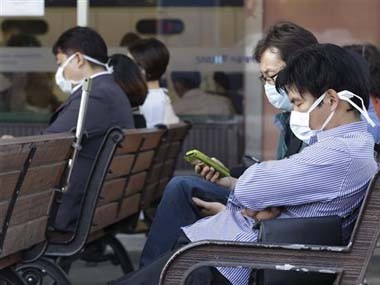Patients of the Second People's Hospital of Hunan Province (SPHH) in Changsha can now opt to undergo consultations using the province's first online hospital that opened on Oct. 12.
With psychiatry, psychology and general practice departments, the online hospital works by using a video system instead of a consulting room, wherein the doctor can see patients through a computer screen.
The service capabilities of the online hospital is limited to consultation and medical guidance of mental illness, common diseases and chronic diseases, according to Li Qiang, deputy head of the SPHH.
"Except for emergencies and those needing a physical check-up, chronic diseases such as hypertension and diabetes, as well as psychological consults, can all be done through the online hospital," Li said.
The online hospital offers its services using four channels: home users, retail pharmacies, community health services and members of regional medical associations.
"It's a free service at present. Later the online hospital will charge a consultation fee stipulated by the Bureau of Commodity Price," said Li.
Several drug stores in Changsha have already set up devices that allow patients to consult with a doctor and then proceed to buy the prescribed drugs. Similar services will soon be available in public institutions, colleges and even companies.
One of the benefits of the new online hospital is for the treatment of mental conditions.
"The online hospital will offer easier psychological diagnosis and treatment for patients," said Zeng Xianxiang, head of the SPHH online hospital.
Zeng explained that there is still a stigma among Chinese people regarding seeking treatment for psychological problems. He said that allowing people to see doctors privately would allow more people to seek treatment.



























